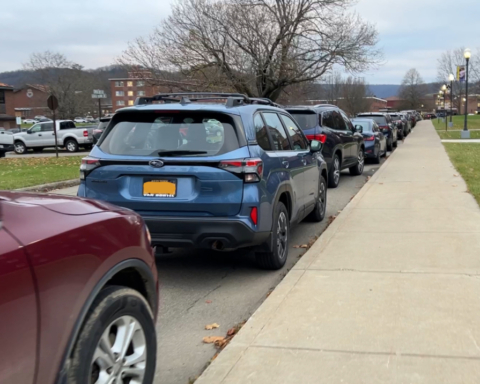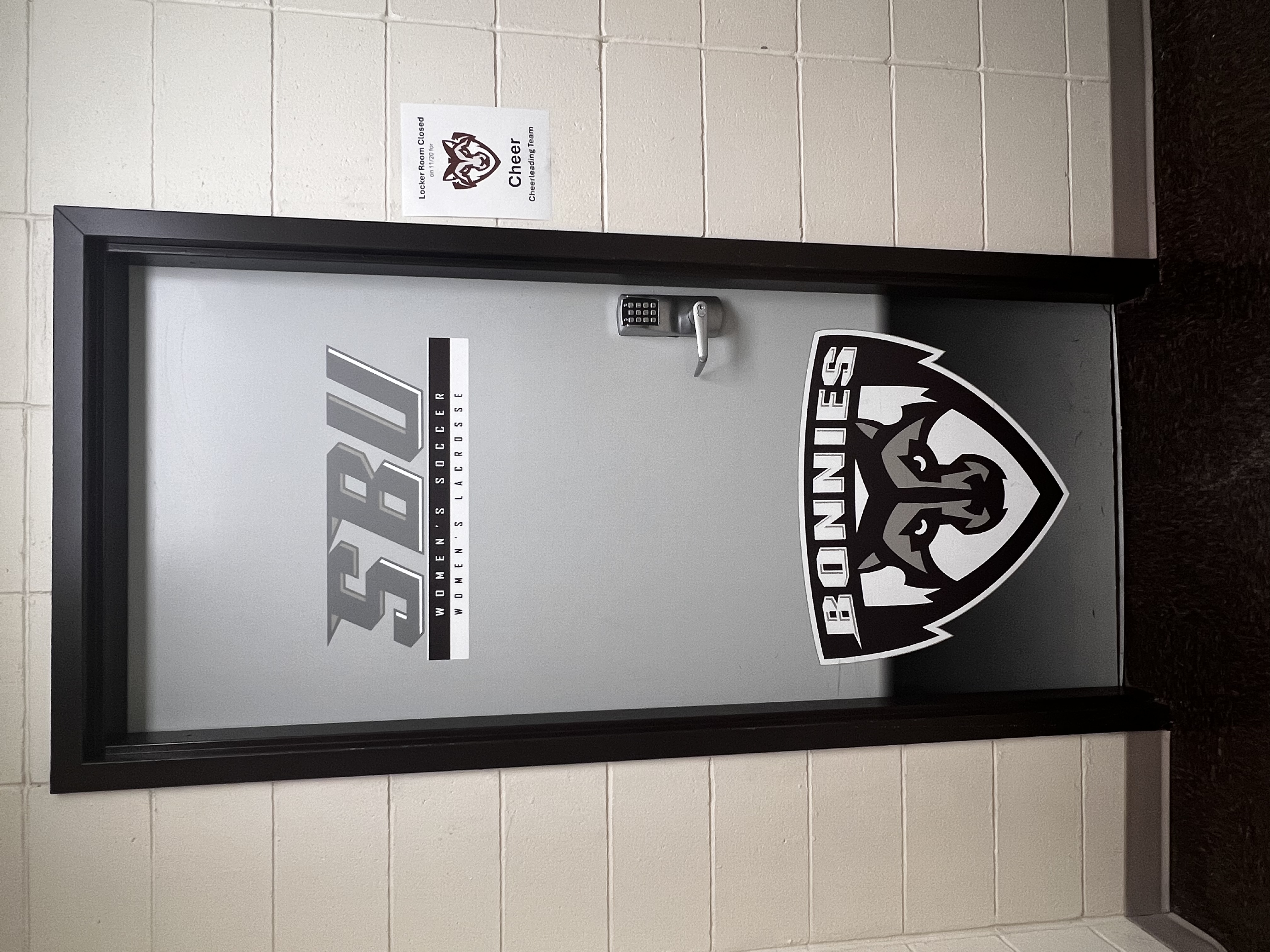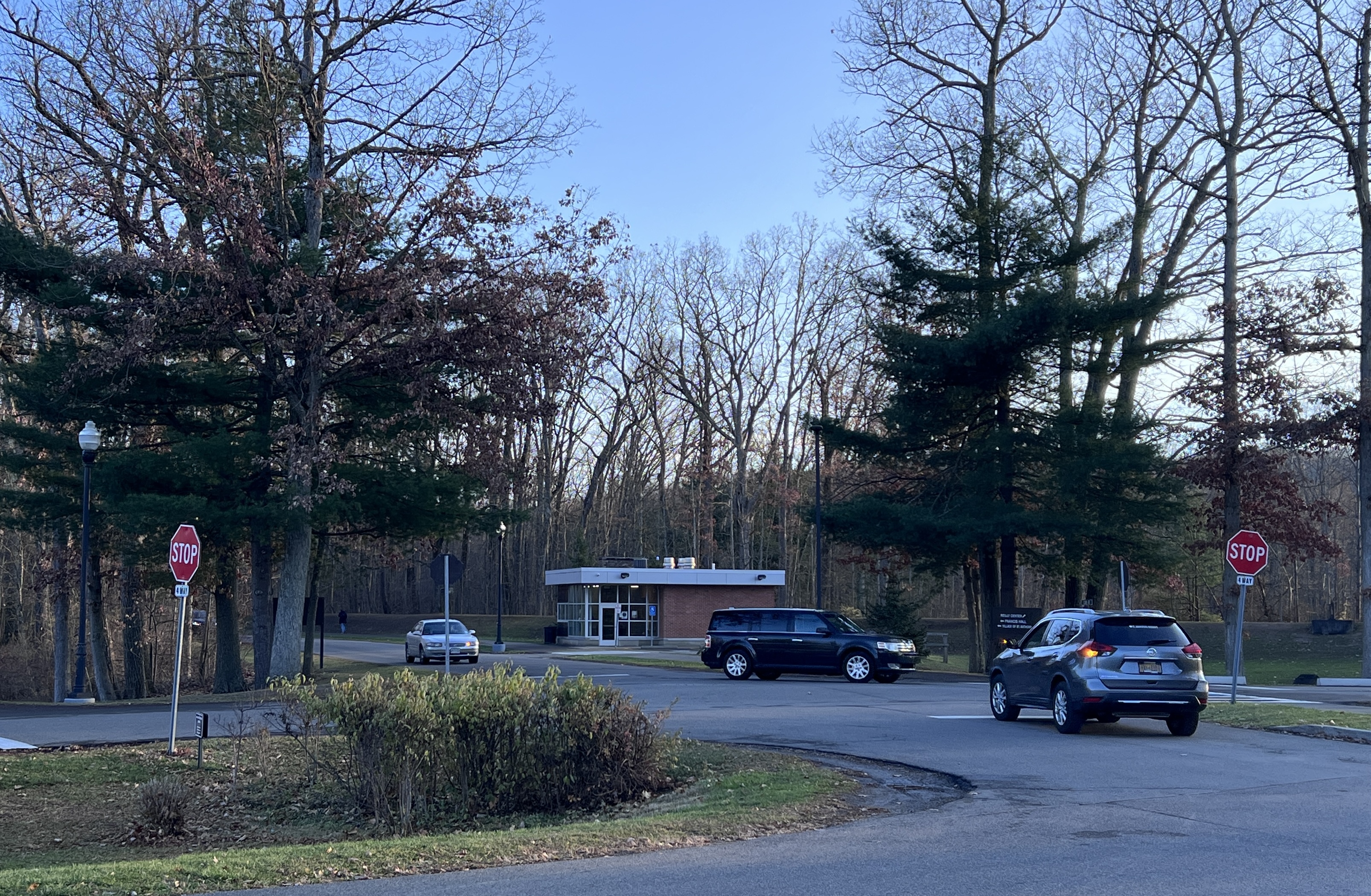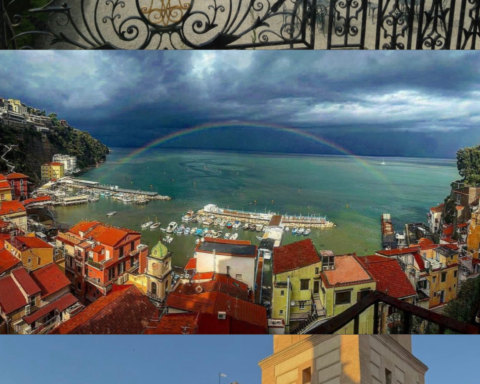By Julia Mericle
Managing Editor
The fourth discussion in the resident life Civil Dialogue Series held Wednesday evening in the Regina A. Quick Center for the Arts engaged students in a conversation about Islamophobia.
Nichole Gonzalez, executive director of residential living, introduced Fr. Michael Calabria, O.F.M., Ph.D., and director of the Center for Arabic and Islamic Studies, who led the talk.
Islamophobia is often born out of ignorance, misunderstanding or political agendas, according to Calabria.
“Islamophobia has a different energy because in our current world there is a political agenda that comes along with it from both sides,” Calabria said.
Amina Golden-Arabaty, a freshman journalism and mass communication major and Arabic and Islamic studies minor, spoke about her own experience with Islamophobia as a Muslim.
Golden-Arabaty said a house neighboring a mosque she attended displayed a sign that read “bomb making: next driveway.”
“I’m not violent, but I am a Muslim,” Golden-Arabaty said. “I strongly believe in peace.”
Calabria said his first experience with Islam was in 1981 as an Egyptology student at Johns Hopkins University when he traveled to Egypt on an archeological work trip and saw Muslim people praying. He said he saw beauty in the sight of their prayer.
All monotheistic religious traditions say that wisdom, truth and beauty have only one source: God, according to Calabria.
When asked about freedom of speech in America, Calabria said racist, sexist and homophobic comments are culturally discouraged, but Islamophobic comments are often ignored.
A question-and-answer period yielded discussion on the accurate translation of the Quran and issues with terrorism.
When a student brought up a concern regarding the treatment of women in the Islamic faith as explained in the Quran, Calabria noted that translations of the Quran must be viewed as interpretations, which are removed by time and language.
“No matter what you are reading in translation, you are disconnected from the original text. Particularly when you move from Arabic to English, which have no linguistic relations whatsoever,” Calabria said.
Calabria suggested reading versions of the Quran meant for studying that include notes on the passages.
Regarding terrorism, Calabria challenged students to consider how they would view Islam if 9-11 never happened.
Golden-Arabaty said she remembers 9-11 very well. Her Muslim father was supposed to be in the World Trade Center that day, but thankfully, was not. She said that her family was not treated the same after the attacks.
“We have to stop believing what terrorists tell us,” Calabria said. “They may claim to be Muslim all they want, but when they stand before God, I’m not so sure they are going to make a convincing case.”
Gonzalez asked Calabria to explain why a conversation on Islamophobia is vital at Bonaventure.
“If we claim that this is a Franciscan university in the Catholic tradition, then we need to be true to that,” Calabria said. “And what the Franciscan tradition and the Catholic tradition say is that every person that comes from the hand of God has dignity and deserves to be respected, to be protected, to be cherished and that is why we do it.”

Calabria said he didn’t speak as a “Muslim apologist” to defend Islam or make it palpable, but rather to explain and appreciate it.
mericlje13@bonaventure.edu





